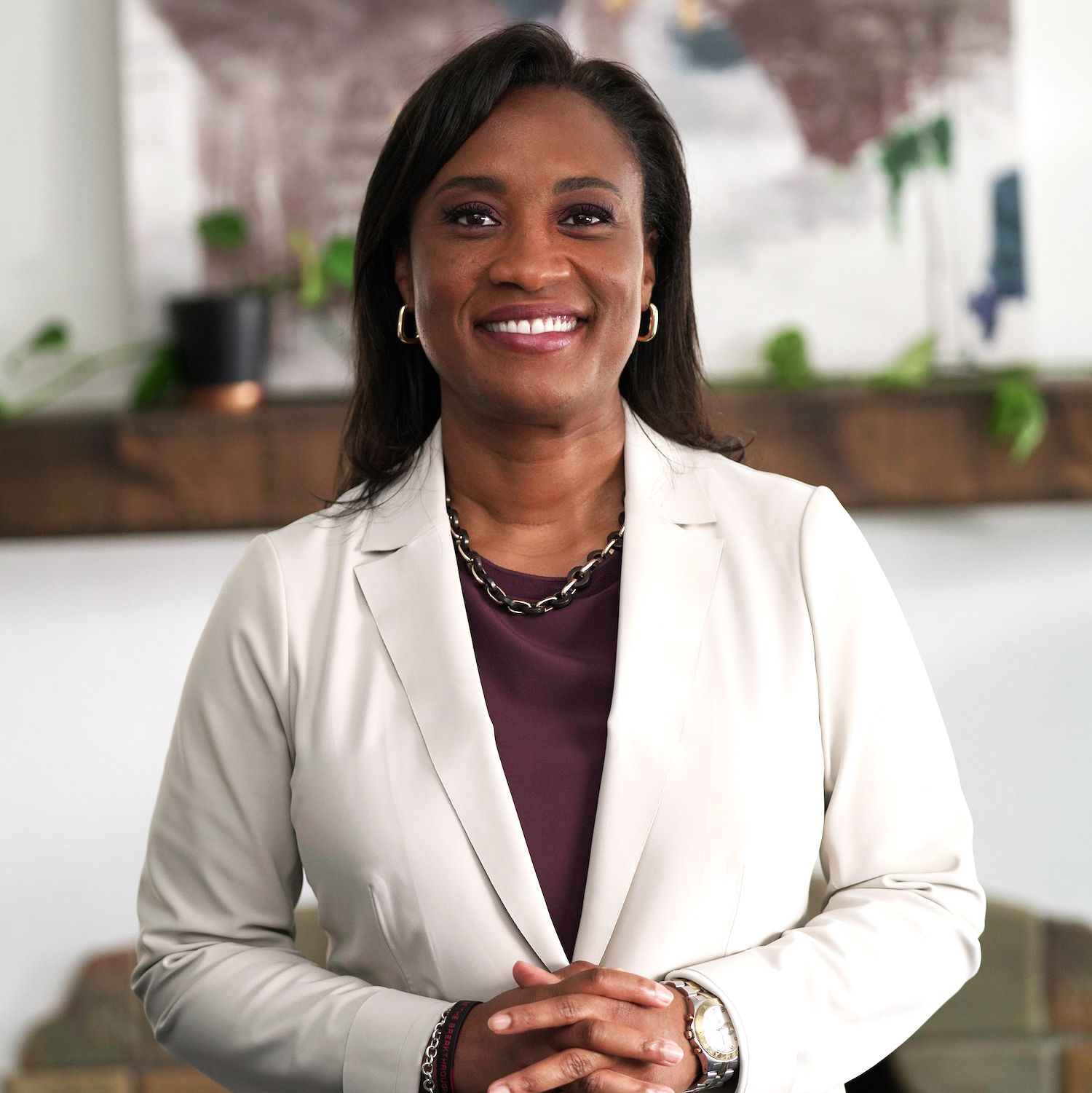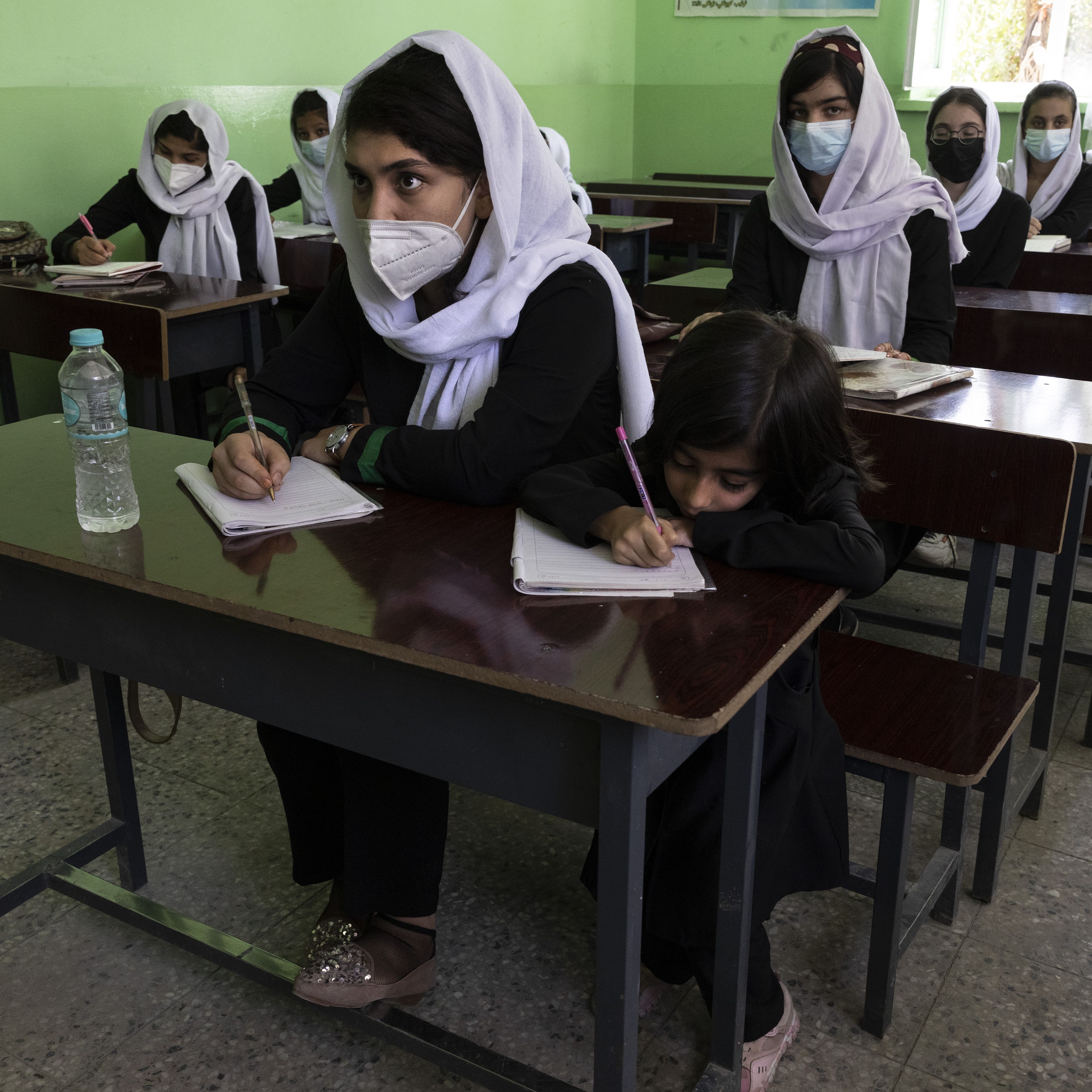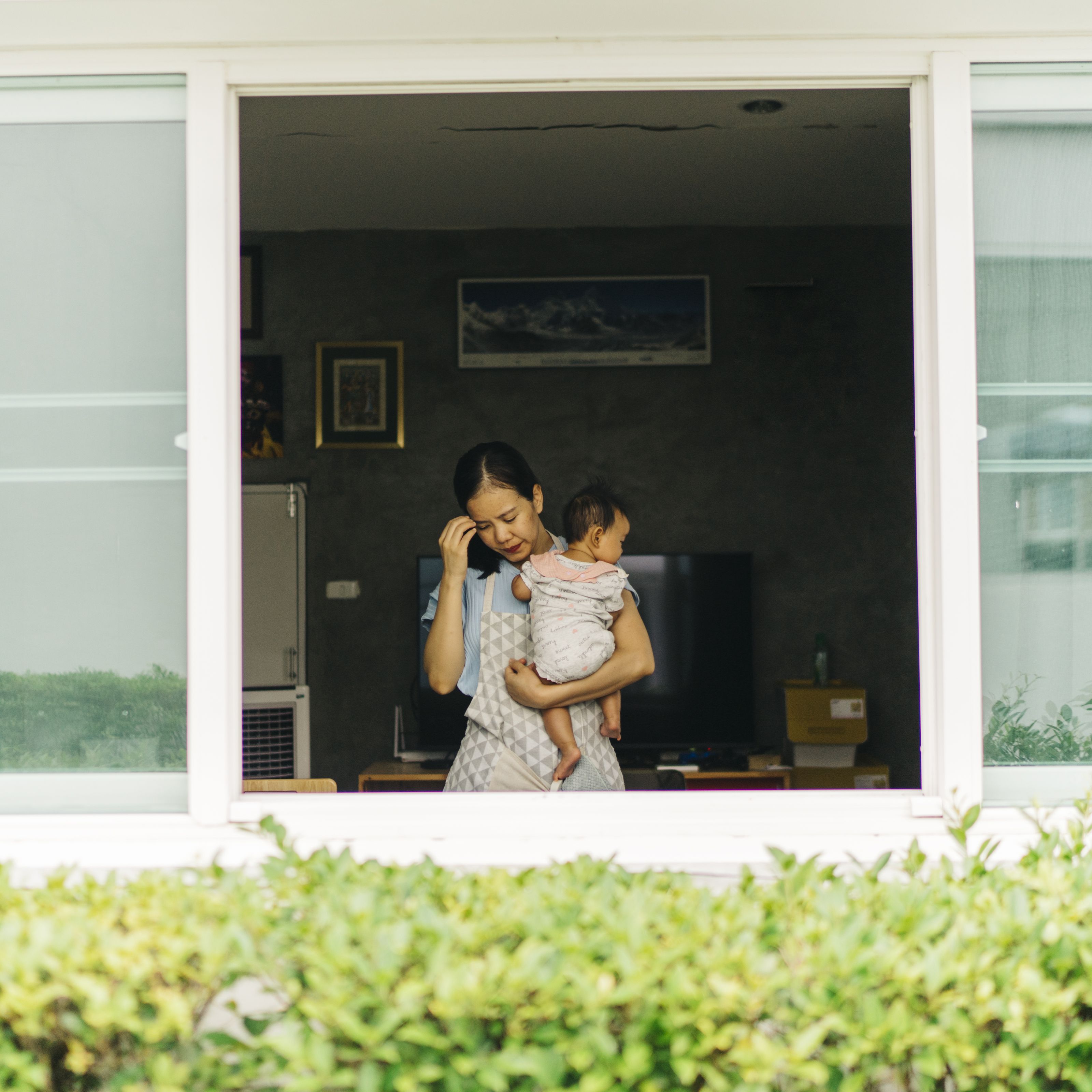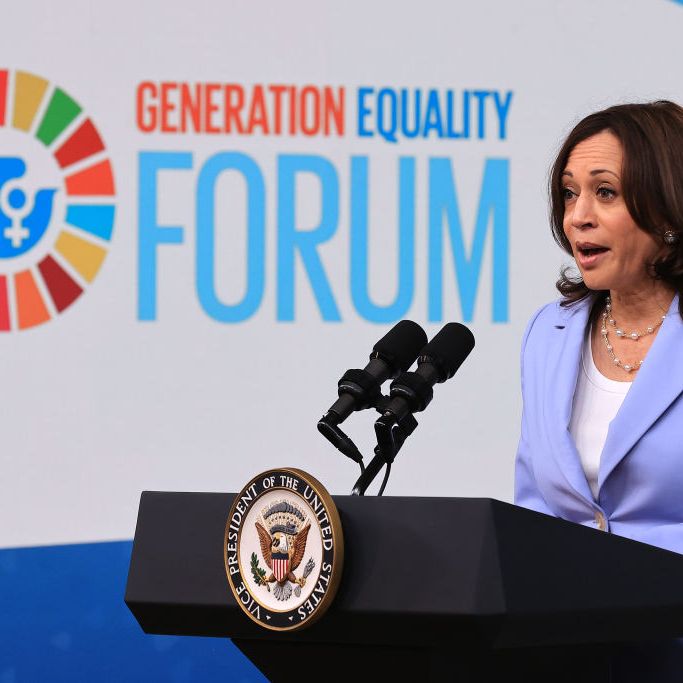The Struggle For Health Care for Women in Texas's Rio Grande Valley
Human rights campaign Nuestro Texas have surfaced the story of poverty-stricken, health care desert that is Texas's Rio Grande Valley to the public.


It's no secret that women's reproductive rights in Texas are seriously lacking. Women have protested and filibustered against the declining status of women's health care in the state, but circumstances for Texas women are at a low point. An area particularly affected by Texas's strict women's health regulations is the Rio Grande Valley, which sits along the state's border to Mexico.
To combat the circumstances for women in the Rio Grande Valley, The National Latina Institute for Reproductive Health (NLIRH) and the Center for Reproductive Rights (CRR) founded Nuestro Texas, a human rights campaign that calls for equal access to reproductive health care for all women. Born in Austin in November 2013, the foundation of the campaign comes in the form of a report led by the two organizations: Nuestra Voz, Nuestra Salud, Nuestro Texas: The Fight for Women's Reproductive Health in the Rio Grande Valley. The report delves into the negative consequences of Texas's 2011 family planning legislation on the women of the Rio Grande Valley. Before much-discussed anti-abortion bill HB2 took its toll on the reproductive rights of Texas women, family planning legislation started the real problem for the women of the Rio Grande Valley. The campaign was founded in response to this legislation that hit women in the valley hardest.
In 2011, Texas's family planning budget was cut by two-thirds—an astronomical amount. To top it off, the state's family planning funding became inaccessible to any health care facilities associated with abortion providers. This legislation had a devastating effect on the Rio Grande Valley's women. More than a quarter of the state-funded clinics in the area were forced to close, and the ones that were left open lost resources and funding. The number of women treated by these facilities dropped by 40 percent from 2010 to 2012—meaning 144,000 women lost access to care. This serious health care hit caught the attention of both the CRR and the NLIRH, and work on the report started in 2012, when the effects of family planning funding legislation were hitting the women of the Rio Grande Valley the hardest, Katrina Anderson, a human rights counsel for the CRR and an author of the report, says.
Following the legislation, women in the Rio Grande Valley face tremendous difficulty in getting adequate health care due to several circumstances including expense, immigration status, and lack of resources. A third of the valley's residents live in poverty, and without funding for health care centers, even routine (but extremely necessary) health procedures like a pap smear or a mammogram are out of the budget for many women in the region.
The campaign saw their work come to fruition yesterday, July 2, in Weslaco, Tex. Representatives from both the CRR and NLIRH gathered with Representative Terry Canales to celebrate the work of Nuestro Texas. In addition, the celebration was packed full of women—standing room only—from the valley who had shared their stories to make the report possible. At its core, the event was held for the women whose stories made the publication of the report possible, Anderson says, and to tell them what their contributions will make possible.
"It was really exciting to see the community mobilize," Anderson says of the event. "We want to continue to build on that."
This celebration of Nuestro Texas and the report isn't the end of the campaign's work to improve the lives of the women in the Rio Grande Valley. The report is just the first step in working to improve the lives of these women. Most notably, Nuestro Texas plans to host a human rights tribunal and bring a human rights expert to the women of the valley, to provide the women with further tools to change their own situation.
Stay In The Know
Get exclusive access to fashion and beauty trends, hot-off-the-press celebrity news, and more.
Anderson says: "The report documents the problem, but the campaign is about the women taking leadership and being able to have a tool that they can use to advocate for what's healthy and will actually help them."
Photo courtesy of Nuestro Texas

I'm an Associate Editor at the Business of Fashion, where I edit and write stories about the fashion and beauty industries. Previously, I was the brand editor at Adweek, where I was the lead editor for Adweek's brand and retail coverage. Before my switch to business journalism, I was a writer/reporter at PEOPLE.com, where I wrote news posts, galleries and articles for PEOPLE magazine's website. My work has been published on TheAtlantic.com, ELLE.com, MarieClaire.com, PEOPLE.com, GoodHousekeeping.com and in Every Day with Rachael Ray. It has been syndicated by Cosmopolitan.com, TIME.com, TravelandLeisure.com and GoodHousekeeping.com, among other publications. Previously, I've worked at VOGUE.com, ELLE.com, and MarieClaire.com.
-
 I Used Nordstrom’s Sale Section to Craft 7 Perfect Summer Outfits
I Used Nordstrom’s Sale Section to Craft 7 Perfect Summer OutfitsThese are formulas you can rely on.
By Brooke Knappenberger
-
 Your Syllabus Guide to the 'Weak Hero Class 2' Cast—Meet the Rising K-Drama Stars Playing the Students of Eunjang High
Your Syllabus Guide to the 'Weak Hero Class 2' Cast—Meet the Rising K-Drama Stars Playing the Students of Eunjang HighSo many exciting names join Park Ji-hoon in the second season of the Netflix hit.
By Quinci LeGardye
-
 Prince William and Kate Middleton "Continue to Push Boundaries"
Prince William and Kate Middleton "Continue to Push Boundaries""They definitely have a different dynamic compared to other royal couples."
By Kristin Contino
-
 36 Ways Women Still Aren't Equal to Men
36 Ways Women Still Aren't Equal to MenFeatures It's just one of the many ways women still aren't equal to men.
By Brooke Knappenberger
-
 EMILY's List President Laphonza Butler Has Big Plans for the Organization
EMILY's List President Laphonza Butler Has Big Plans for the OrganizationUnder Butler's leadership, the largest resource for women in politics aims to expand Black political power and become more accessible for candidates across the nation.
By Rachel Epstein
-
 Want to Fight for Abortion Rights in Texas? Raise Your Voice to State Legislators
Want to Fight for Abortion Rights in Texas? Raise Your Voice to State LegislatorsEmily Cain, executive director of EMILY's List and and former Minority Leader in Maine, says that to stop the assault on reproductive rights, we need to start demanding more from our state legislatures.
By Emily Cain
-
 Your Abortion Questions, Answered
Your Abortion Questions, AnsweredHere, MC debunks common abortion myths you may be increasingly hearing since Texas' near-total abortion ban went into effect.
By Rachel Epstein
-
 The Future of Afghan Women and Girls Depends on What We Do Next
The Future of Afghan Women and Girls Depends on What We Do NextBetween the U.S. occupation and the Taliban, supporting resettlement for Afghan women and vulnerable individuals is long overdue.
By Rona Akbari
-
 How to Help Afghanistan Refugees and Those Who Need Aid
How to Help Afghanistan Refugees and Those Who Need AidHow To With the situation rapidly evolving, organizations are desperate for help.
By Katherine J. Igoe
-
 It’s Time to Give Domestic Workers the Protections They Deserve
It’s Time to Give Domestic Workers the Protections They DeserveThe National Domestic Workers Bill of Rights, reintroduced today, would establish a new set of standards for the people who work in our homes and take a vital step towards racial and gender equity.
By Ai-jen Poo
-
 The Biden Administration Announced It Will Remove the Hyde Amendment
The Biden Administration Announced It Will Remove the Hyde AmendmentThe pledge was just one of many gender equity commitments made by the administration, including the creation of the first U.S. National Action Plan on Gender-Based Violence.
By Megan DiTrolio